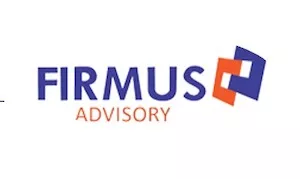- within Immigration, Finance and Banking and Tax topic(s)
Finding the Nigeria Embassy in your country of residence when in dire need of an entry visa can be quite difficult. Even if you do, there might be several travel hours to get there. Or you suddenly realized you need to make an urgent trip to Nigeria! For a quick business, work, or tourism trip to Nigeria, Visa on arrival is one of the best and easiest ways to get entry into Nigeria.
What is Visa on Arrival
Visa on Arrival is simply the issuance of a short entry visa at the port of entry to individuals that have difficulties obtaining visas at the Nigeria Embassies in their residing countries. These individuals may include;
- High net worth investors
- Government Delegation Members
- Companies Executives
- NGO's Members
- Intending visitors/tourists
It is important to note that a visa on arrival does not grant you access to work or reside in Nigeria.
It is issued with restrictions to Employment and Residence Visa and having a Visa Approval Letter at hand at the Nigeria port of entry.
If you are interested in getting a work permit in Nigeria, you can also read our article on How to Obtain a Nigeria Temporary Work Permit.
What is an Approval Letter?
The Approval Letter is the documentary evidence that your visa on arrival is already approved and will be issued upon your arrival at the port of entry in Nigeria.
This is the document that kickstarts the decision to get on the plane, proceed to Nigeria without a visa with the knowledge of picking up your entry visa at the point of entry.
This document is different from Visa on Arrival as, without it, you can't pick up your visa at the port of entry as it is proof of a visa completed process.
It usually takes 48hours (2) working days to be processed and taken into cognizance it must be processed two weeks before your exact day of travel/arrival i.e., it has 14 days validity period.
A traveler must endeavor to print and carry along the Approval Letter copy with him when finally making his journey to Nigeria.
To view the article in full click here
The content of this article is intended to provide a general guide to the subject matter. Specialist advice should be sought about your specific circumstances.
[View Source]

